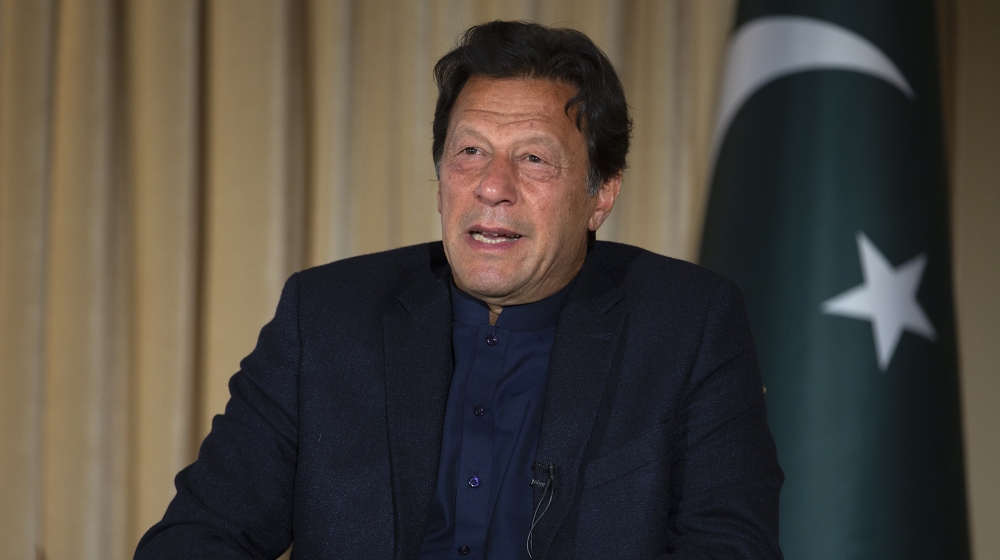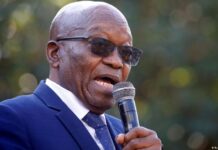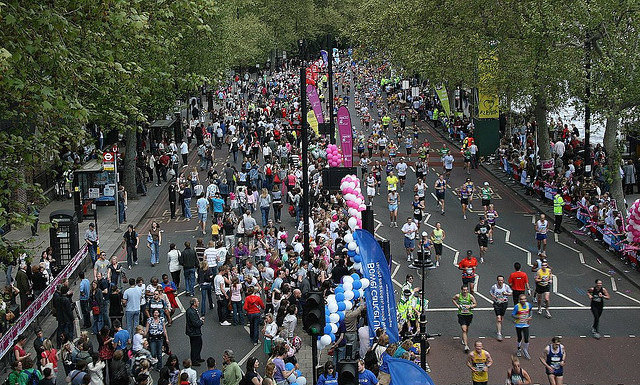Imran Khan terms India’s revocation of Kashmir’s autonomy as ‘illegal and unilateral’.
Pakistan Prime Minister has reiterated a call for the world community to intervene in the Kashmir dispute by demanding Kashmiris’ right to self-determination be implemented, one year after New Delhi revoked a special constitutional status for, and imposed a siege on, Indian-administered Kashmir.
Khan addressed the legislative assembly of Pakistan-administered Kashmir in the city of Muzaffarabad on Wednesday, reiterating the Pakistani government’s support for the long-standing dispute to be settled via a United Nations-mandated plebiscite.
“Today, [Indian Prime Minister] Narendra Modi is exposed in the world,” said Khan. “And the biggest thing to come from that is that the world is now looking at Kashmir.”
On August 5, 2019, Modi’s Hindu nationalist government revoked Kashmir’s limited autonomy, promising that the move would facilitate economic development by bringing the territory into the country’s administrative mainstream.
Since then, hundreds of thousands of Indian security forces have enforced a virtual siege of the territory, implementing widespread curfews and lockdowns, controlling citizens’ movement, banning protests and cutting off the region’s mobile internet connectivity.
Cross-border shelling
India and Pakistan have fought two of their three full-scale wars since gaining independence in 1947 over Kashmir, which both claim in full but administer separate portions of, divided by the Line of Control (LoC).
Since 2003, a ceasefire has been in effect on the LoC, but it is frequently violated by both sides.
On Wednesday, Pakistan’s military said Indian shelling in the Tatta Pani sector of Pakistan-administered Kashmir killed a woman and wounded six others.
Pakistan says Indian forces have violated the ceasefire 1,877 times this year, resulting in 15 civilians killed and 144 wounded.
Speaking in Muzaffarabad, Khan said the world community had earlier ignored the plight of Kashmiri civilians, but was now beginning to pay attention after the alleged rights abuses, documented by several rights groups and the United Nations, by Indian security forces.
“[Modi] knew that in the world, India is a very big market right now, with 1.25 billion people and that the world would want to keep good relations with such a big market,” he said.
“So he thought the world would remain silent.”
‘Illegal and unilateral’
Earlier, Khan issued a statement on the anniversary of India’s action, terming it “illegal and unilateral” and the result an “unprecedented, inhuman military siege and communication blockade”.
“It is a crime against humanity that has destroyed lives, crippled livelihoods, and imperiled the very identity of the people of Indian Illegally Occupied Jammu & Kashmir (IIOJK),” he said in the statement.
A day earlier, Pakistan’s government released an updated official map of its territory, reiterating its claims to Kashmir and two other, smaller disputed territories.
The new map updates the official nomenclature on the Kashmir dispute, terming Indian-administered Kashmir to be “Indian Illegally Occupied Jammu and Kashmir”, and stating that the dispute must be resolved in line with a 1948 UN Security Council (UNSC) resolution calling for a plebiscite.
India similarly rejects Pakistan’s claims over territory it currently administers, claiming the entirety of Kashmir as its own territory. The Indian government does not, however, recognise the applicability of the UNSC resolution, which accords Kashmiris a right to self-determination.
Earlier in the day, Khan led a protest rally in Muzaffarabad, walking alongside political leaders from the territory. Similar protests were held across the country.
Speaking on Wednesday, Pakistan-administered Kashmir Prime Minister Raja Farooq Haider called for Pakistan to do more on the diplomatic front to push for a resolution to the Kashmir dispute.
“The foreign ministry should sit with us, the government of Kashmir, and trust us – we will never harm your cause, we should all work together,” he said.













![Hotstar Premium Cookies 2019 [*100% Working & Daily Updated*] Hotstar Premium Cookies 2019 [*100% Working & Daily Updated*]](https://tahav.com/wp-content/uploads/2019/11/Hotstar-Premium-Cookies-Free-100x70.jpg)



